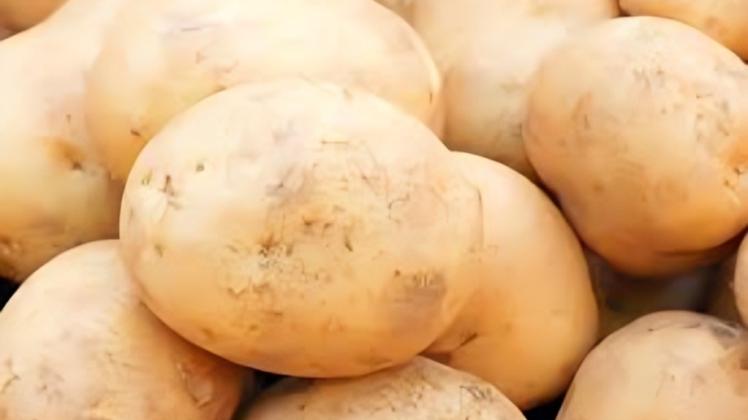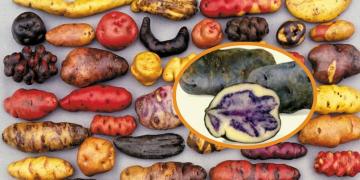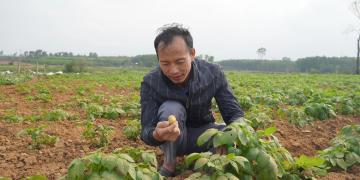South Korea: Peasant Unions Sound Alarm Over GM Potato Imports and U.S. Trade Pressure
The South Korean government is once again reviewing the import approval process for a genetically modified organism (GMO) potato developed in the United States, reigniting controversy similar to that seen in 2018 and 2019.

The Rural Development Administration (RDA), under Commissioner Kwon Jae-han, recently determined that one such GMO potato variety meets environmental safety standards—removing a significant barrier to its import.
This decision comes amid renewed trade pressure from the U.S., raising concerns that the South Korean government is making it easier for U.S.-grown GMO potatoes to enter the country.
According to peasant unions, the RDA issued an environmental risk assessment for the GMO potato variety ‘SPS-Y9’—developed by U.S. agribusiness J.R. Simplot—on March 17. The assessment concluded that the unintentional release of this potato into South Korea’s agricultural environment poses minimal risk.
In an editorial published by the Korean Peasant Newspaper (KPL News), the unions cite parliamentary audit data showing that imports of processed GMO foods have increased ninefold over the past decade. Meanwhile, the establishment of proper systems to safeguard food safety and consumer rights has been repeatedly delayed—leaving ordinary people to bear the consequences.
The issue extends beyond processed foods. Six GMO crops—including soybeans, corn, cotton, canola, alfalfa, and sugar beets—are already being imported. Now, authorities are pushing to introduce GMO potatoes—among the most controversial of these products—to South Korean consumers. Yet potatoes are already widely cultivated in South Korea. As a staple crop and essential ingredient in many dishes, their availability is not in question.
French fries—especially popular in fast food—are a key concern. Since food service businesses are not required to label GMO ingredients, there is a high risk that consumers will unknowingly eat fries made from GMO potatoes. This has heightened calls for the government to take its responsibility to protect food safety seriously. Peasant unions argue that officials are, instead, dismissing public concern as irrational fear, while ignoring the voices of civic organizations and lawmakers expressing serious apprehension.
KPL News also highlights the timing of the RDA’s decision: it came just five days before South Korea’s Minister of Trade, Industry and Energy visited the U.S. (March 26–28) to meet with the U.S. Secretary of Commerce. This has fueled speculation that the government is preemptively dismantling non-tariff barriers under U.S. pressure.
This is not the first time the RDA has approved a Simplot GMO potato. In September 2016, it declared the ‘SPS-E12’ variety environmentally safe. The Ministry of Food and Drug Safety (MFDS) followed up in 2018, concluding the potato posed no food safety risks. However, critics slammed the decision as a “hasty review.” Amid strong opposition from peasant unions and civil society groups, imports of ‘SPS-E12’ have been stalled since 2018–2019. Meanwhile, Simplot’s ‘SPS-X17’ variety remains under environmental risk assessment.
KPL also recalls that the controversy over Simplot’s GMO potatoes dates back to 2018, when questions about their safety first emerged. Dr. Caius Rommens, a former Simplot scientist involved in their development, later revealed that the genetic modification process had led to the buildup of toxic compounds, including potential carcinogens. Peasant union leader Shin has further warned that importing GMO potatoes could harm domestic potato self-sufficiency, drive down prices, increase the sale of unlabeled GMO products, and worsen food safety risks.
Peasant unions are warning of large-scale protests if the government does not immediately withdraw the GMO potato import approval process. They insist this is necessary to safeguard the nation’s food supply and protect the livelihoods of South Korean farming families.
Fuente: viacampesina.org




